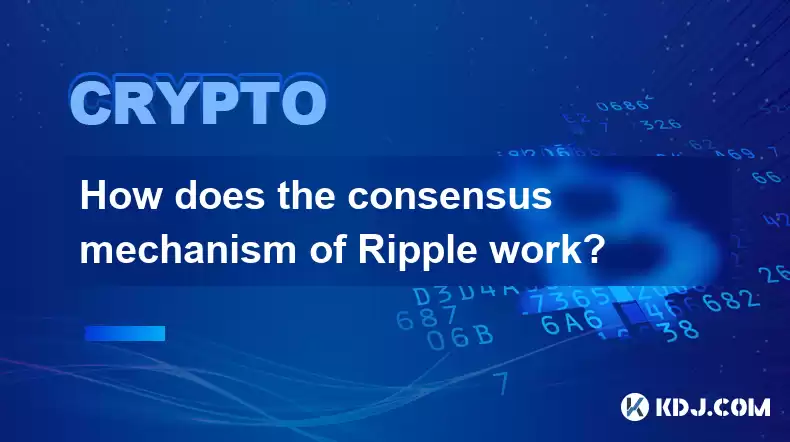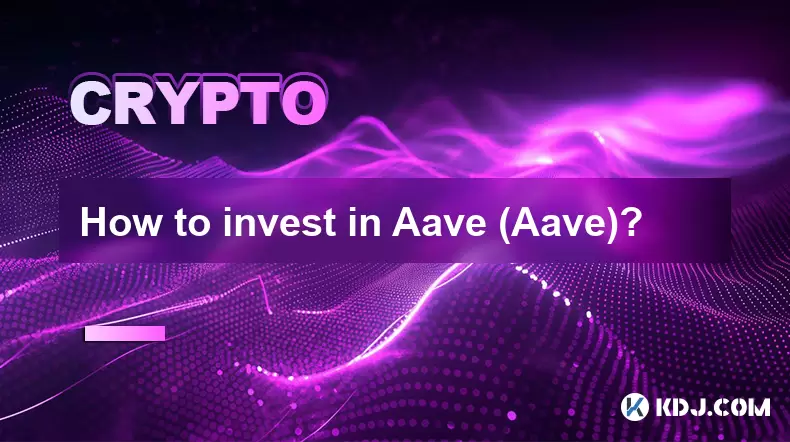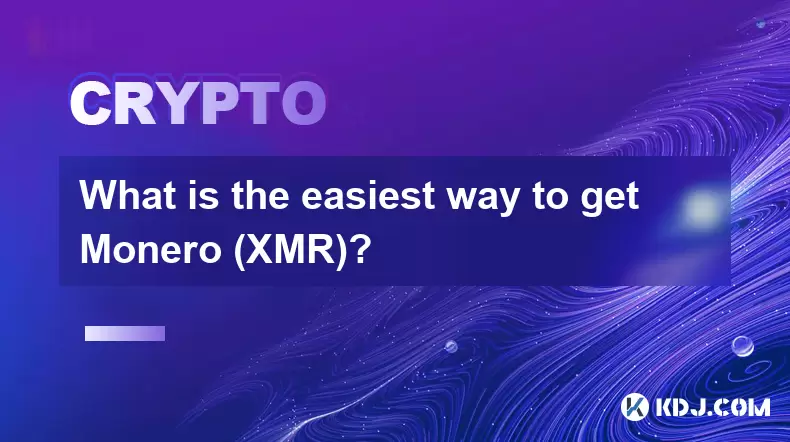-
 Bitcoin
Bitcoin $117400
1.88% -
 Ethereum
Ethereum $3867
5.29% -
 XRP
XRP $3.081
2.58% -
 Tether USDt
Tether USDt $1.000
0.03% -
 BNB
BNB $779.7
0.92% -
 Solana
Solana $171.8
2.11% -
 USDC
USDC $0.9999
0.01% -
 Dogecoin
Dogecoin $0.2172
5.80% -
 TRON
TRON $0.3413
1.41% -
 Cardano
Cardano $0.7641
3.06% -
 Hyperliquid
Hyperliquid $39.69
3.62% -
 Sui
Sui $3.731
6.73% -
 Stellar
Stellar $0.4125
3.55% -
 Chainlink
Chainlink $18.23
8.86% -
 Bitcoin Cash
Bitcoin Cash $579.5
1.41% -
 Hedera
Hedera $0.2538
4.02% -
 Ethena USDe
Ethena USDe $1.001
0.00% -
 Avalanche
Avalanche $22.81
2.82% -
 Litecoin
Litecoin $121.7
1.10% -
 UNUS SED LEO
UNUS SED LEO $8.962
-0.33% -
 Toncoin
Toncoin $3.324
2.94% -
 Shiba Inu
Shiba Inu $0.00001263
2.30% -
 Uniswap
Uniswap $10.24
4.95% -
 Polkadot
Polkadot $3.780
3.09% -
 Dai
Dai $1.000
0.03% -
 Bitget Token
Bitget Token $4.432
1.64% -
 Cronos
Cronos $0.1493
3.87% -
 Monero
Monero $256.7
-9.05% -
 Pepe
Pepe $0.00001092
3.99% -
 Aave
Aave $279.0
6.11%
How does the consensus mechanism of Ripple work?
Ripple's Consensus Protocol (RCP) leverages a set of trusted validators known as the Unique Node List (UNL) to achieve efficient and secure consensus on transactions, ensuring the integrity of the network's ledger.
Feb 16, 2025 at 01:49 am

Key Points:
- Consensus is fundamental to the functioning of any blockchain network, ensuring data integrity and security.
- Ripple employs a unique consensus protocol known as the Ripple Consensus Protocol (RCP).
- RCP leverages the power of validators to achieve network consensus efficiently and securely.
How the Ripple Consensus Mechanism Works in Detail:
1. Nomination of Validators:
- The Ripple network relies on a predefined set of validators, known as the Unique Node List (UNL).
- Validators are nominated based on criteria such as reliability, reputation, and network connectivity.
- The UNL is regularly updated through a voting process involving all network participants.
2. Proposal Phase:
- Validators propose transactions to be added to the next ledger.
- Each proposal includes a hash of the current ledger, a list of proposed transactions, and a validator's signature.
- Validators may receive multiple proposals from different peers.
3. Quorum Formation:
- Validators exchange proposals with each other.
- Once a validator receives proposals representing a majority of the UNL (a quorum), it considers those proposals as valid.
4. Consensus and Ledger Update:
- The set of valid proposals constitutes the new ledger, which is shared across the network.
- Once the new ledger is finalized, all previous ledgers become immutable and transactions included in the new ledger are executed.
5. Fraud Prevention:
- To prevent fraudulent transactions, RCP includes a safety mechanism known as quorum slicing.
- This mechanism divides validators into small groups called slices.
- Each slice independently verifies the validity of proposals, ensuring that even if a single slice becomes compromised, network consensus is unaffected.
FAQs:
Q: What are the advantages of RCP?
- Extreme scalability: RCP enables rapid transaction processing speeds, handling up to 1,000 transactions per second.
- High security: By requiring a consensus of validators, RCP prevents malicious actors from altering ledger data.
Q: How does RCP differ from other consensus mechanisms?
- Unlike proof-of-work (PoW) or proof-of-stake (PoS), RCP does not require validators to solve complex mathematical problems or hold large amounts of cryptocurrency.
- Instead, it relies on reputation and voting to establish trust among validators.
Q: Can the UNL be manipulated?
- The UNL is updated regularly through a voting process that involves all network participants.
- This decentralized approach minimizes the risk of manipulation or collusion by a single entity.
Q: What is quorum slicing?
- Quorum slicing is a technique employed in RCP to improve security by dividing validators into smaller groups.
- This decentralized verification process safeguards against potential vulnerabilities and ensures that even if a single group is compromised, network consensus remains intact.
Q: Is RCP suitable for other blockchain networks?
- While RCP was originally designed for Ripple, its principles can be adapted to other blockchain platforms.
- However, adapting RCP to different networks would require specific implementations tailored to their unique characteristics.
Disclaimer:info@kdj.com
The information provided is not trading advice. kdj.com does not assume any responsibility for any investments made based on the information provided in this article. Cryptocurrencies are highly volatile and it is highly recommended that you invest with caution after thorough research!
If you believe that the content used on this website infringes your copyright, please contact us immediately (info@kdj.com) and we will delete it promptly.
- Pi Coin's dApp and AI Potential: Building a Decentralized Future
- 2025-08-08 02:30:12
- Ruvi AI Takes the Lead: Outshining Dogecoin on CoinMarketCap
- 2025-08-08 02:50:12
- Cryptos Under $1: Is Ripple Still the King?
- 2025-08-08 03:50:12
- Cold Wallet, Bonk Price, ICP Price: Navigating the Crypto Landscape in 2025
- 2025-08-08 03:56:12
- Memecoins, Low-Cap Gems, and the Hunt for 10,000x Gains: What's Next?
- 2025-08-08 02:50:12
- Bitcoin, Greenidge, and Liquidity: Navigating the Crypto Currents in NYC
- 2025-08-08 02:30:12
Related knowledge

Where can I buy UMA (UMA)?
Aug 07,2025 at 06:42pm
Understanding UMA and Its Role in Decentralized FinanceUMA (Universal Market Access) is an Ethereum-based decentralized finance (DeFi) protocol design...

What exchanges support buying IOTA (MIOTA)?
Aug 07,2025 at 09:58pm
Understanding the Role of Private Keys in Cryptocurrency SecurityIn the world of cryptocurrency, private keys are the cornerstone of ownership and con...

What is the best app to buy EOS?
Aug 07,2025 at 04:35pm
Understanding EOS and Its Role in the Cryptocurrency EcosystemEOS is a blockchain platform designed to support decentralized applications (dApps) with...

What platforms support buying Fantom (FTM)?
Aug 08,2025 at 01:56am
Overview of Fantom (FTM) and Its EcosystemFantom (FTM) is a high-performance, scalable, and secure layer-1 blockchain designed to overcome the limitat...

How to invest in Aave (Aave)?
Aug 08,2025 at 01:07am
Understanding Aave (AAVE) and Its Role in DeFiAave is a decentralized finance (DeFi) protocol that enables users to lend, borrow, and earn interest on...

What is the easiest way to get Monero (XMR)?
Aug 08,2025 at 02:56am
Understanding Monero (XMR) and Its Privacy FeaturesMonero (XMR) is a privacy-focused cryptocurrency that ensures complete anonymity in transactions th...

Where can I buy UMA (UMA)?
Aug 07,2025 at 06:42pm
Understanding UMA and Its Role in Decentralized FinanceUMA (Universal Market Access) is an Ethereum-based decentralized finance (DeFi) protocol design...

What exchanges support buying IOTA (MIOTA)?
Aug 07,2025 at 09:58pm
Understanding the Role of Private Keys in Cryptocurrency SecurityIn the world of cryptocurrency, private keys are the cornerstone of ownership and con...

What is the best app to buy EOS?
Aug 07,2025 at 04:35pm
Understanding EOS and Its Role in the Cryptocurrency EcosystemEOS is a blockchain platform designed to support decentralized applications (dApps) with...

What platforms support buying Fantom (FTM)?
Aug 08,2025 at 01:56am
Overview of Fantom (FTM) and Its EcosystemFantom (FTM) is a high-performance, scalable, and secure layer-1 blockchain designed to overcome the limitat...

How to invest in Aave (Aave)?
Aug 08,2025 at 01:07am
Understanding Aave (AAVE) and Its Role in DeFiAave is a decentralized finance (DeFi) protocol that enables users to lend, borrow, and earn interest on...

What is the easiest way to get Monero (XMR)?
Aug 08,2025 at 02:56am
Understanding Monero (XMR) and Its Privacy FeaturesMonero (XMR) is a privacy-focused cryptocurrency that ensures complete anonymity in transactions th...
See all articles

























































































